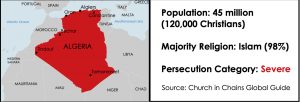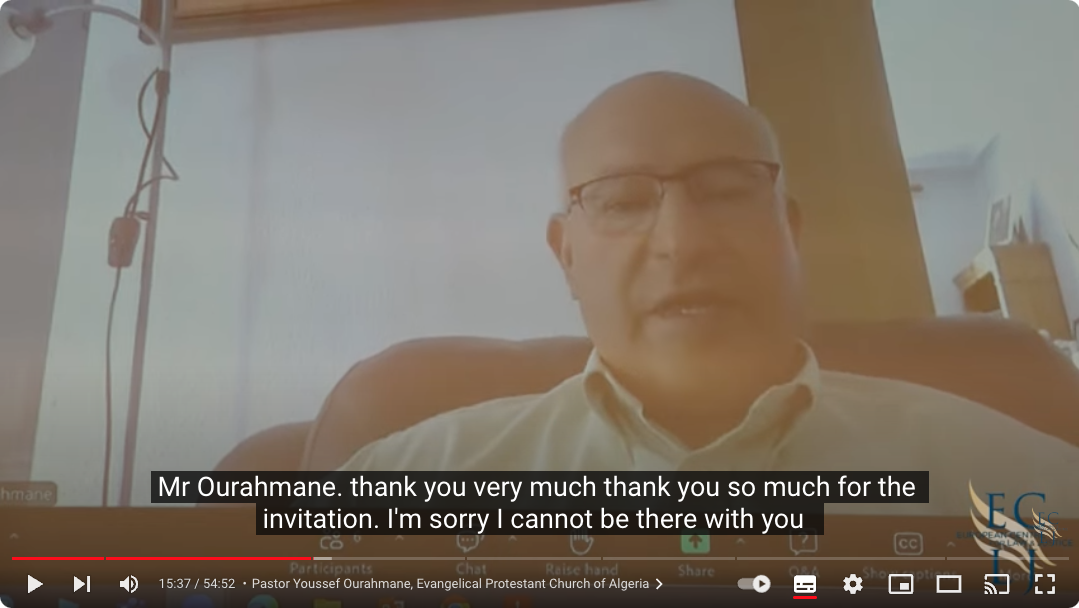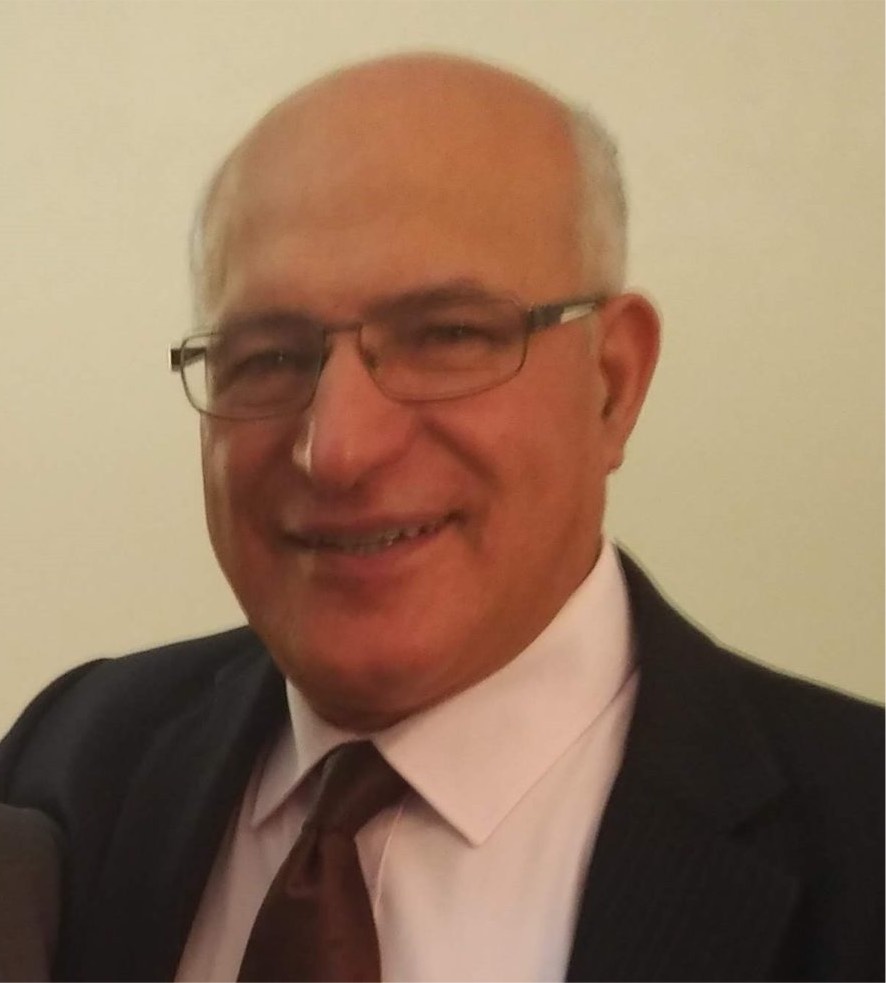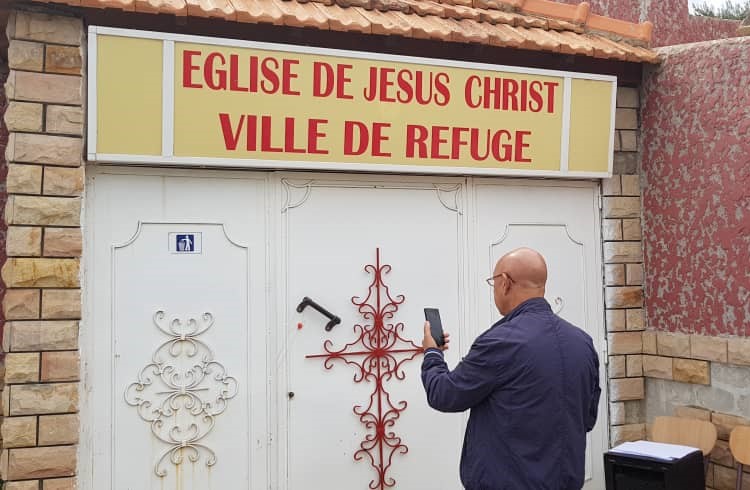
Algeria is the largest country in Africa and is 80% desert, with most of the population living along the coast. Oil and gas exports are vital to the economy, but despite large reserves poverty is widespread and unemployment high. Corruption is widespread.
Until the Arab conquest in the 7th century, Algeria was inhabited by Berbers. They resisted the Arab influence, retreating to mountainous regions, and today comprise about 25% of the population.
Algeria was part of the Ottoman empire from the 16th century and was conquered by the French in 1830. From 1954, more than a million Algerians were killed in the struggle for independence, which was achieved in 1962.
The 1990s were dominated by conflict between the military government and Islamist militants, leading to civil war in which over 200,000 people died. It ended in 2002, but since then Islamic fundamentalists have waged a war of terror in an attempt to impose Sharia principles. They target representatives of the state, the media and foreigners, but also liberal Muslims, including imams, who oppose them.
Democracy is enshrined in Algeria’s constitution, but the government has restricted political and civil rights (such as freedom of speech and assembly) in the name of fighting Islamist extremism, and government regulations introduced in 2006 restricted Christian activity.
Christians in Algeria
Christianity dates back to the early church but was gradually wiped out during the Arab conquest. Under French rule, the number of Roman Catholics in Algeria peaked at about 1 million, but within months of independence 900,000 had fled to Europe. In the 1990s, when Islamists began killing foreigners, 19 Roman Catholic clerics were killed, including a bishop and seven Trappist monks.
The constitution declares that Islam is the state religion and prohibits behaviour incompatible with Islamic morality. Article 36 states that freedom of religious worship is guaranteed if in compliance with the law.
Conversion from Islam is not prohibited by law but it is an offence to share one’s Christian faith with a Muslim, punishable by a fine or up to five years’ imprisonment. Christians have been prosecuted and imprisoned under this law, and they are also at risk of prosecution for blasphemy.
Following huge growth in the number of Christians the past 25 years, especially among evangelicals, it is generally estimated that there are at least 100,000 Christians in Algeria but growth has been so great that some observers believe the number could be over 200,000. It is impossible to estimate accurately, since many Christians must meet in secret. The majority of Christians are Berber, but there is an increasing number of Arabs converts and life is very difficult for them. They face pressure from family and community and sometimes forcible divorce, removal of child custody and loss of inheritance.
Crackdown on Christians
Under a law introduced in 2006 all places of non-Muslim worship must be licenced, but the National Commission for Non-Muslim Worship has ignored all applications for new licences for church buildings (although the historical churches are allowed to have buildings). Because of this, many churches have sought protection by affiliating with l’Église Protestante d’Algérie (EPA), the umbrella organisation of Protestant churches in Algeria, which had legal status before 2006, although the authorities have refused to re-register the organisation following changes to legislation.
Following the implementation of the law in 2008, the government ordered many churches to close, threatening legal action against the leaders. Congregations have been forced underground and meet as illegal house churches, in homes or even in the open air.
Since November 2017 the Algerian authorities have been engaged in a crackdown on the EPA, demanding that affiliated churches prove they have licences and threatening them with closure. The campaign is built on a pretext of carrying out safety inspections and most EPA-affiliated churches have been inspected by so-called “building-safety committees” which also ask to see the licence authorising each building’s use for non-Muslim worship. Because they cannot show licences, many have been closed down. By July 2024 only one church building affiliated with the EPA remained open (in Algiers) and the authorities had closed the other 46, while by November 2024 ten unaffiliated church buildings had also closed.
Since December 2020 at least 52 Christians, almost all of them pastors, have been prosecuted on faith-related charges such as blasphemy and proselytism – including the EPA’s President Salaheddine Chalah and Vice-President Youssef Ourahmane. While some have spent time in prison, the majority are waiting for their appeals to be heard in the Supreme Court and are living with the uncertainty of two- to five-year sentences hanging over them.
In April 2020 the United States Commission on International Religious Freedom added Algeria to its annual report on the world’s worst religious freedom violators for the first time, noting that “The government systematically cracked down on the Evangelical Protestant community.”
(Amnesty International, Assist News, Barnabas Fund, BBC, Compass Direct, International Christian Concern, Middle East Concern, Mission Network News, New York Times, Operation World, United States Commission on International Religious Freedom, World Evangelical Alliance Religious Liberty Commission, World Watch Monitor)
ALGERIA: Testimonies from Pastor Youssef Ourahmane and his daughter Sarah

Ourahmanes speak at side event of Human Rights Council in Geneva to raise the issue of the persecution of Algerian Christians.
ALGERIA: Rev Youssef Ourahmane loses appeal

Rev Youssef Ourahmane has lost his appeal against his one-year prison sentence for unauthorised religious assembly
ALGERIA: Church leader sentenced to two years in prison

Algerian church leader Rev Youssef Ourahmane has been convicted of holding an unauthorised religious assembly and sentenced to two years’ imprisonment
ALGERIA: Only eight Protestant churches remain open

Over twenty church buildings closed since crackdown began
